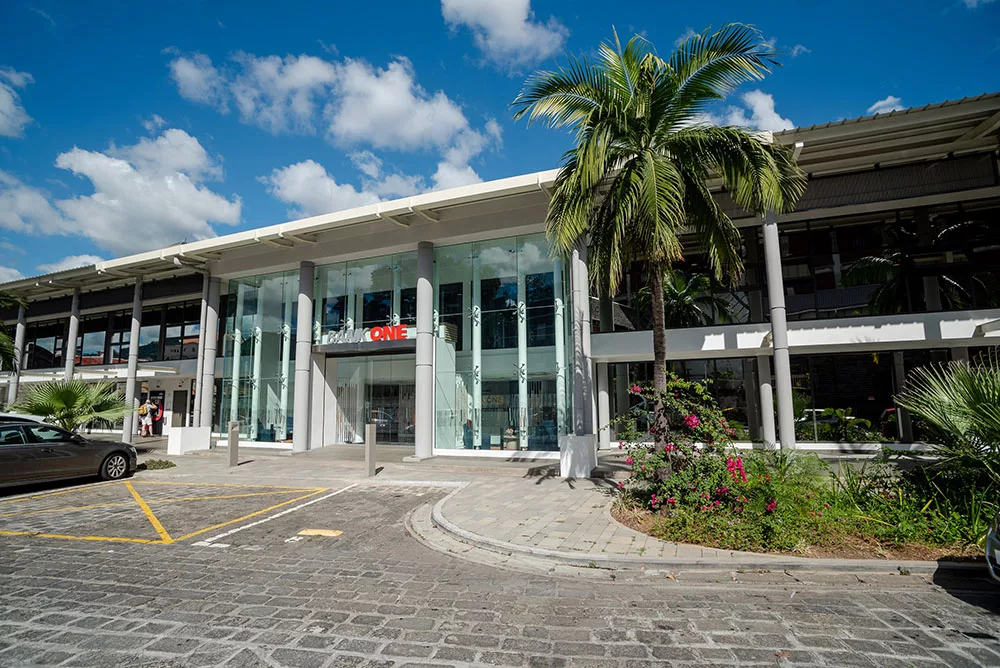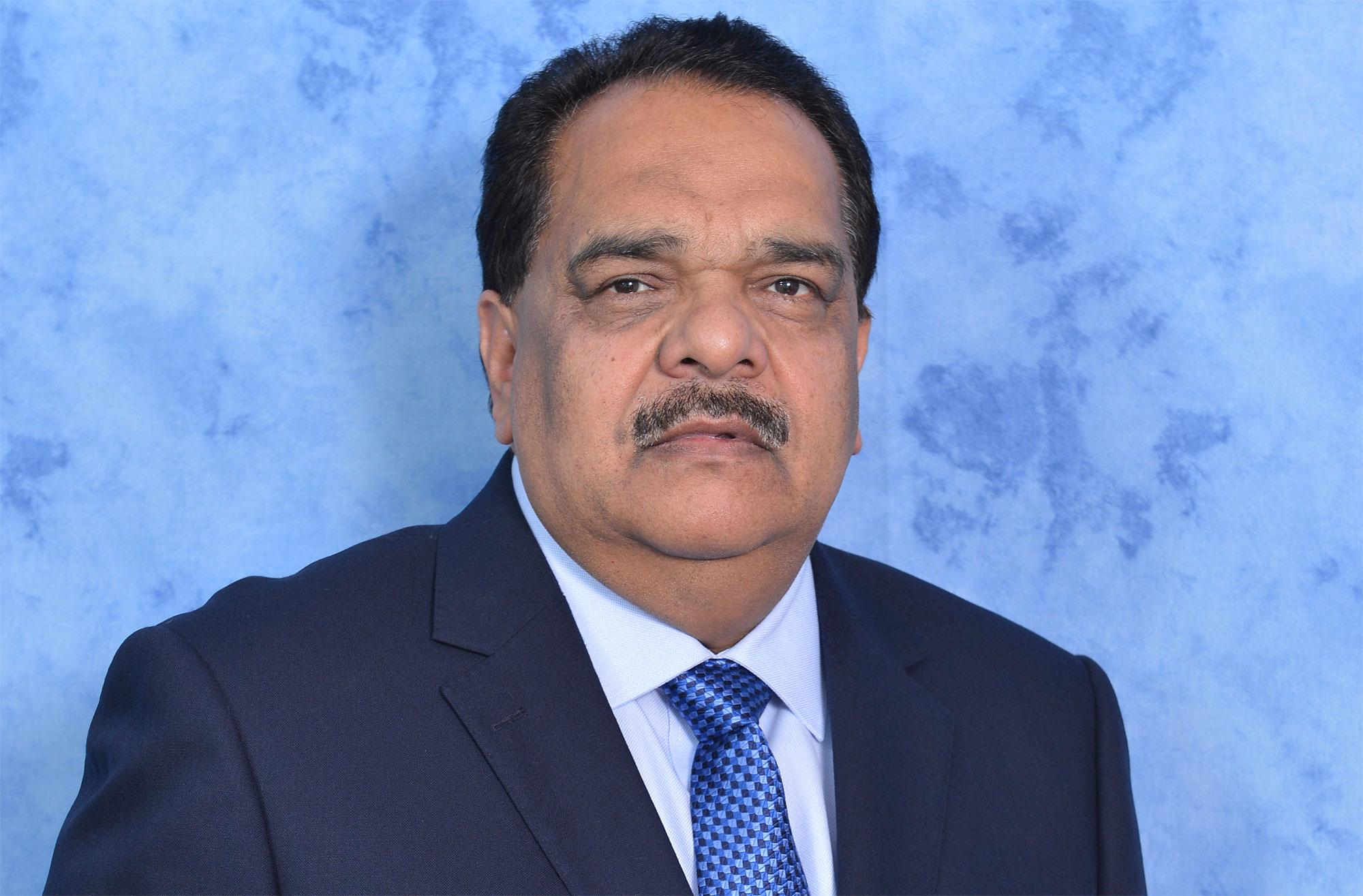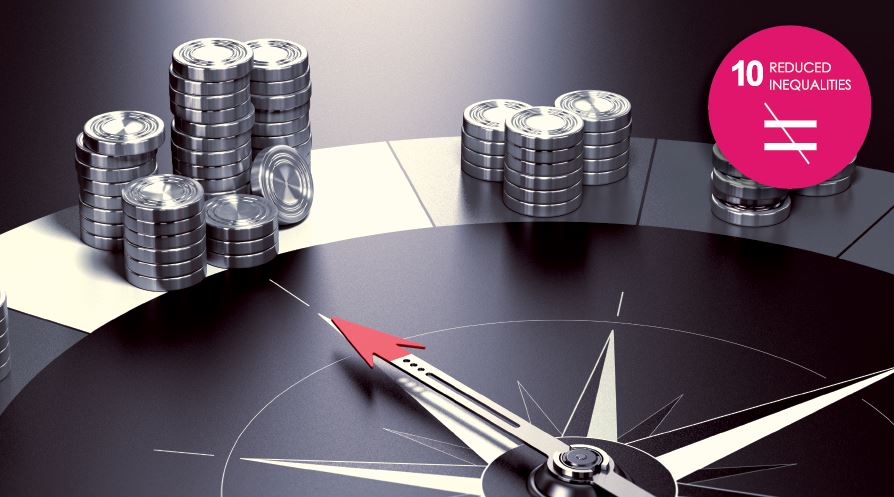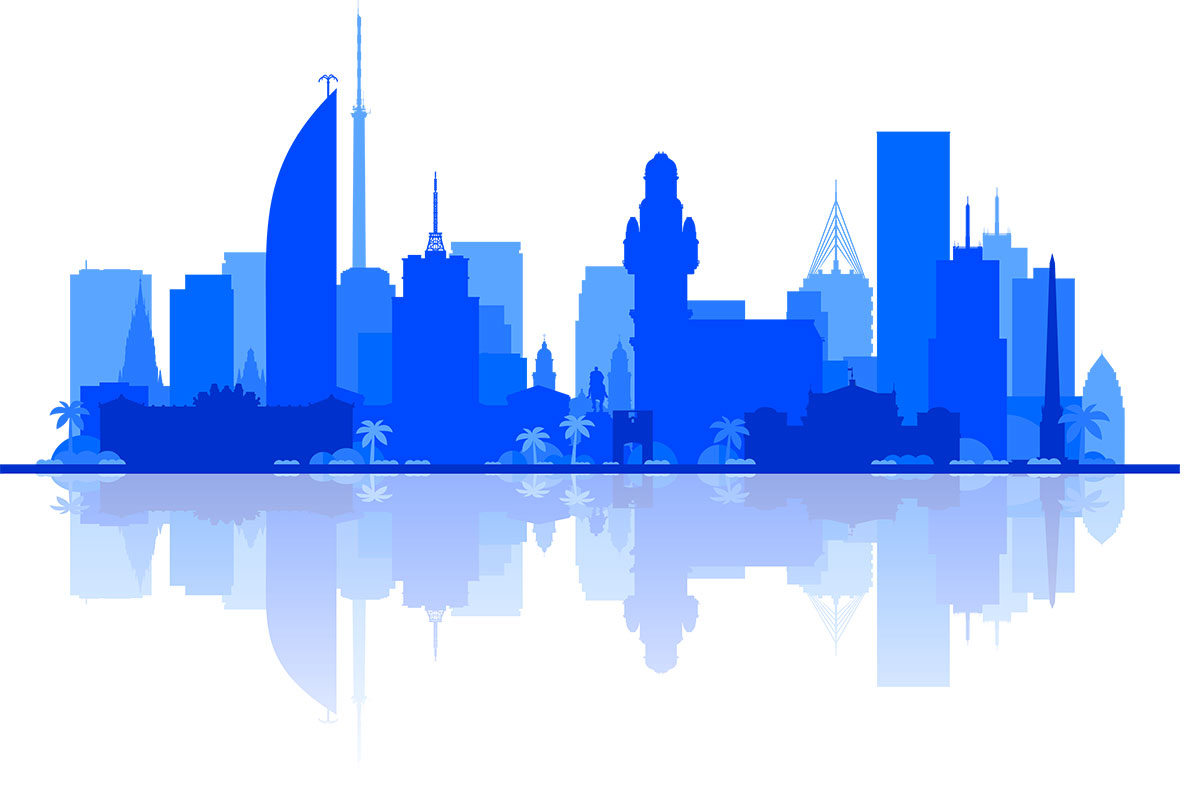[vc_row][vc_column width=”1/2″][vc_column_text]
Mauritius
Mauritius was the 126th largest economy in the world by nominal GDP in 2018. Its GDP per capita was $11,239 USD. It is located in the Indian Ocean east of Madagascar. Its many ethnicities and languages reflect a rich colonial history. It was ranked 51st in the World Bank's Human Capital Index and 80th in the Economic Complexity Index in 2017. It is a member of the African Union. Services was the largest economic sector in 2018 (67.4 percent of GDP), followed by manufacturing (11.4 percent), and agriculture (2.8 percent). In 2017, the largest export sectors were services (56.9 percent), agriculture (17.5 percent), and textiles (13.8 percent). The largest individual exports were travel and tourism (32.6 percent), ICT services (14.8 percent), transport services (7.14 percent), prepared or preserved fish (5.95 percent), and sugarcane and sucrose (5.83 percent). Its largest export partners were France (13.96 percent), the USA (12.11 percent), UK (8.88 percent), South Africa (7.22 percent), Italy (6.9 percent), and Madagascar (6.03 percent). The largest goods imports were refined petroleum (9.2 percent), frozen fish excluding fillets (5.2 percent), fixed wing aircraft >15k kgs (3.92 percent), and cars (3.8 percent). Mauritius was discovered by the Portuguese in 1505 but was likely already known to Arab traders. The Dutch settled the island in 1598 but left in 1710. They introduced sugarcane and slaves from Africa. It was settled by France in 1715 who expanded the sugar plantations and brought in more African slaves to work the plantations. It was captured by Britain in 1810 during the Napoleonic wars. The sugar industry flourished with access to the British empire and expanded across the island. Indentured workers were brought in from India to work in the sugarcane plantations following the abolition of slavery. Mauritius gained independence in 1968. Growth has been strong since independence with stable politics attracting foreign investment. Sugar was the key industry for Mauritius up until the 1980s when world sugar prices fell. In the 1980s and 1990s, the export processing zones and diversification policies, which were introduced in the 1970s, led to the growth of manufacturing sector i.e. textiles. Tourism began in the 1950s but has increased in importance over the years. In the late 1980s, Mauritius also began to develop financial services in off-shore banking. Despite the long period of British rule, French cultural and political influence remains strong. English is the official language but Kreol is a common language among the many ethnic groups and French is widely understood.
[/vc_column_text][vc_column_text] Its population in 2018 was 1,268,315 [1]
Its population in 2018 was 1,268,315 [1]
 In 2015, 11.54% of its total energy
In 2015, 11.54% of its total energy
consumption was renewable [2]
 In 2021, its GDP grew by 4.04% [2]
In 2021, its GDP grew by 4.04% [2]
 In 2021 it had a negative Current
In 2021 it had a negative Current
Account Balance of US$bn 1.23 [3]
 Its unemployment rate in 2021 was 9.50% [3]
Its unemployment rate in 2021 was 9.50% [3]
 Its Expenditure on R&D (as a percentage of
Its Expenditure on R&D (as a percentage of
GDP) in 2020 was 0.42% [2]
What free trade areas or economic unions is it a member of?
None
[/vc_column_text][vc_column_text]What trade deals are there with other countries and economic unions?
Common Market for Eastern and Southern Africa (from 08/12/1994)
Southern African Development Community (from 01/09/2000)
Mauritius - Pakistan partial scope agreement (from 30/11/2007)
Türkiye - Mauritius free trade agreement (from 01/06/2013)
EU - Eastern and Southern Africa States free trade agreement (from 07/02/2019)
China - Mauritius free trade agreement (from 01/01/2021)
ESA - UK economic partnership agreement (from 01/01/2021)
India - Mauritius free trade agreement (from 01/04/2021)
[/vc_column_text][/vc_column][vc_column width=”1/2″][vc_column_text]Keeping Pace With Client Needs, Staying Ahead of the Market, and Driving Custodian Bank Evolution
Head of International Banking at Bank One Carl Chirwa: Banking the Future in a Post-Covid-19 World
State Investment Corporation Ltd (SIC): Mauritian Investment Body Has Country’s Best Interests in Mind
Bank One: Supporting Mauritius’ Efforts to Emerge as a Private Wealth Hub for Africa
SWAN’s Way in Mauritius: Historic Insurance Provider Delivers Modern Day Financial Services
Wealth on the Move: HNWIs Continually Searching for their Own Little Piece of Paradise
Uruguay: A Near-Perfect Country to Live, Work, and Play Post-Covid-19
Bank One Ltd: From Africa, for Africa, with a Wealth of Regional Understanding
Ambareen Musa, Founder & CEO of Souqalmal: From Mauritius with Love for Fintech, and lots of Ambition
SBM: Island Nation’s Bank Group Goes From Bit Part to a Starring Role
Trade with the United Kingdom
Source: UK Office for National Statistics, October 2022.
Contains public sector information licensed under the Open Government Licence v3.0.


























































































